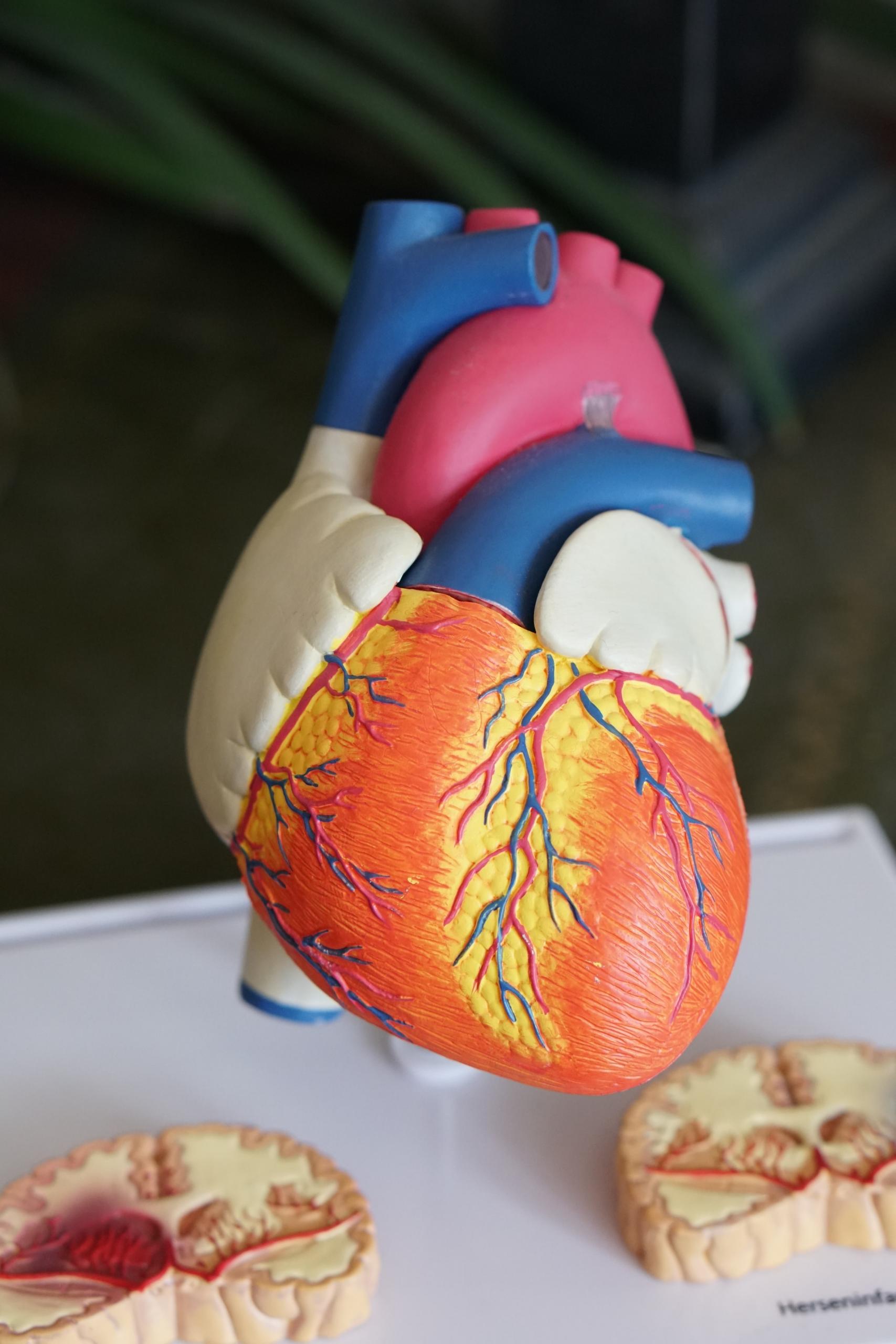When it comes to choosing a subject to study in year 11, a bit of planning never goes amiss. Whether you are interested in studying music, history, a language or science, having the right resources to understand what each subject is about can help you avoid choosing the wrong course for you.
In New Zealand, the education system is built around two main components. There is the New Zealand Curriculum which explains the achievement objectives for each level, and the New Zealand Qualifications Authority known as NZQA which is in charge of the National Certificate of Education, known as NCEA.
These two systems are nothing like chess, where two opponents battle it out for one winner, but rather two branches of the same tree. They are mostly connected but there are some points where they misalign. To help you get as much information as you need, this guide examines the syllabus for NCEA Level 1 Biology.

As you enter year 11 at school you have some big choices to make. Like in chess, you have to think strategically as what you choose in Level 1 impacts the choices you can make in Level 2. As you start to specialise in different areas it becomes more difficult to change your subject the further along you are in it. This is because you will have missed a large chunk of skills and knowledge.
Think of NCEA as a staircase and in order to build the step to go up the staircase, you need to have a solid understanding of what you need to do. When you change midway through the year, you’re missing a lot of information so you may be able to move up a step but it won’t be as strong as the other student who spent a year working on it.
This can lead to complications further along your educational path as you will need to put in the extra effort outside of class to catch up with the other students. Read through our biology study guide if you want to improve your knowledge and skills within Level 1 Biology.

The New Zealand Curriculum and NCEA Level 1 Biology
As mentioned earlier, these two are buddies with one telling you what you need to know and the other checking to see how well you know it. The New Zealand Curriculum has eight levels, this is because in primary school you do one level across two years. When you start year 9, you move faster as you do one level in one school year.
Students start NCEA Level 1 when they are at level 6 in the New Zealand Curriculum. Some students may start NCEA earlier due to their high proficiency and knowledge, this usually occurs in the language and music subjects. Biology usually follows the basic structure of students starting NCEA Level 1 in year 11.
Usually, schools have students complete general science so they can experience chemistry, physics, and biology. In year 11 you can choose which one (or more) they would like to continue with. In year 12 or NCEA Level 2, often there is an entry requirement that students must have completed the subject the year before.
This is because the Living World strand (biology) has students learn and understand the diversity of life and life processes. Looking at where and how life has evolved, exploring the link between life process and ecology through evolution and how we as humans impact all forms of life, gives students a bigger world view but there is a lot to cover in one year.

This subject is designed to be explored over a three-year period and even better, it connects out into the strand of planet earth and beyond. Students will touch on to varying degrees the knowledge and theories on interconnecting systems and processes of the Earth.
As students work through the curriculum they will also learn and start to develop their scientific skills in the Nature of Science strand. This is where you will learn how to carry out investigations, and how to interpret various theories by using the process of logical argument.
By learning to evaluate your investigations, you will be able to refine your work and carry out more complex investigations. In order to do that you will learn the scientific vocabulary, conventions and symbols used in biology. This will help you develop an understanding of socio-scientific issues and enable you to filter through them to find the ones that are relevant in order to come to an evidence-based conclusion.
As you make your way through the year you will explore the topics of life processes, ecology, and evolution. To help give you a clear overview of the different areas within biology, our complete guide to NCEA Level 1 Biology helps you create a study, revision and exam guides that work for you.
NCEA Level 1 Biology
Throughout the year you will either do a mixture of internal and external exams or internal assessments. Some schools offer biology as an internal subject but double-check with the teacher. As you continue the game of chess that is NCEA, remember to keep a few steps ahead. This can be done by understanding how NCEA works. Within biology, your end-of-year exams will touch on life processes, ecology and evolution.
Internal NCEA Level 1 Biology Assessments
Internal assessments in science are often built around research or investigations. This is because you need time to gather information from other sources and time to explain what you have discovered, which are things you do not have in external assessments.
They will require you to plan, collect, process your data and evaluate your results. These touch on the strand of the nature of science and another biology strand. This is about how you collect information and what you do with it in the correct format. You won’t be going in all by yourself as your teacher will give you instructions and the skills to carry out the investigations or research properly.
Your work should be refined, clear, and of course, use the correct scientific vocabulary. When researching topics; identifying, explaining and justifying are crucial parts. You need to determine if the information you are using is relevant to your questions or purpose, evaluate its value as a source and of course, justify your choices. Start with the basic layout and make sure you have covered all you needed to before you jump straight to justifying.

External NCEA Level 1 Biology Assessments
The external assessments are about microorganisms, the life cycle of flowering plants and mammal as a consumer. End-of-year exams are the final moves on the NCEA Level 1 chess board. They are about assessing what skills you have learned throughout the year and seeing what information you have retained.
Obviously, you would have covered some sections earlier in the year so our guide on NCEA Level 1 Biology Past Papers can help you go over the information you have learned. You have three hours and three papers to complete. If you look back at the achievements and objectives for the living world (biology), the exams test your knowledge and understanding of life processes, ecology and evolution.
For life processes, it is about understanding key structural features and functions of the life processes of plants, animals, and micro-organisms and investigating environmental factors that affect these processes. When you explore ecology you are investigating the impact of natural events and human actions on a New Zealand ecosystem. For evolution, it is about your understanding of some of the patterns in the inheritance of genetically controlled characteristics and the importance of variation within a changing environment.
How well you can explain your understanding of these topics roughly determines your grade. You have to explain what you know in detail to an exam marker. So being clear and having a structure in your writing, just like in your internal assessments, is very important if you are working towards merit and excellence. Our guide on how to approach the questions gives you some tips on how to approach them.
Who else can help?
Superprof is a platform that connects tutors to students. You are able to find a range of tutors from across the world to across New Zealand. Tutors can help you come up with strategies to help you understand the information you come across in biology. They can help improve your writing skills as well as prepare you for an exam. With prices, availability, location and reviews from real students, have a look for the right tutor for you today.
Summarise with AI:















